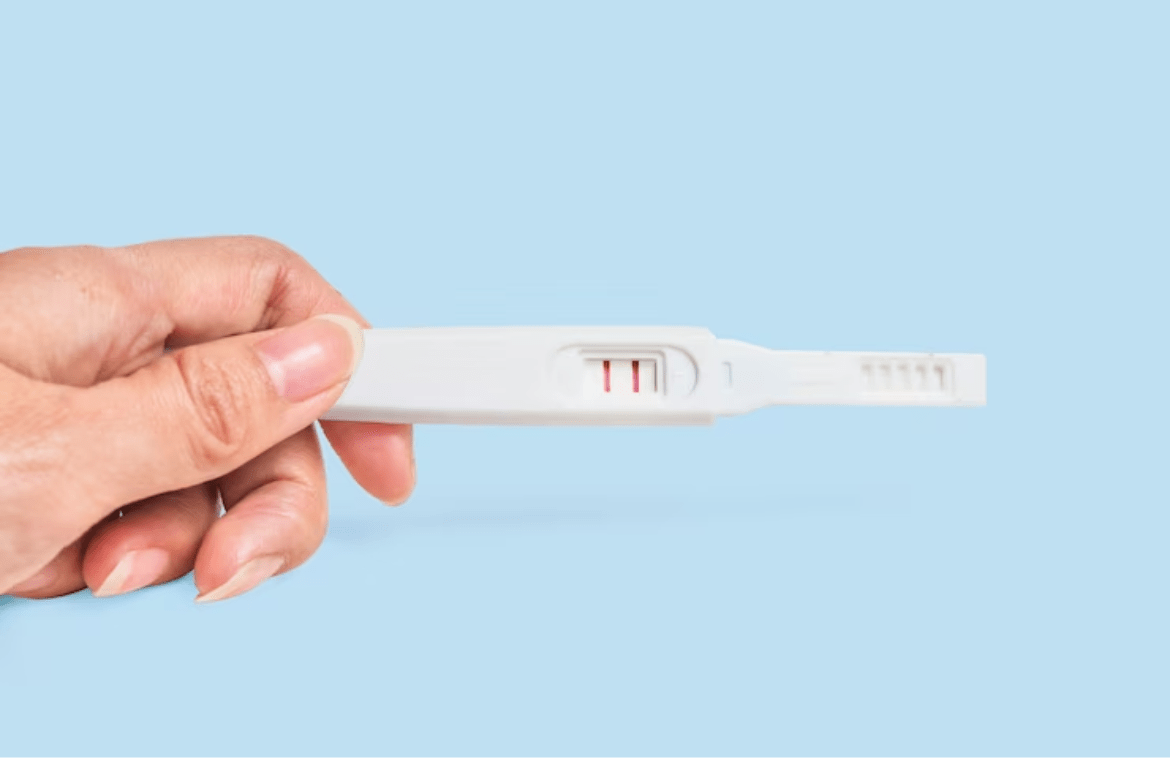Pregnancy Test One Day After Implantation Bleeding
A pregnancy test is important and doctors do insist on it. Women do experience after implantation bleeding and need medical help to deal with it.
The question that arises is whether a pregnancy test is required after implantation bleeding. Much curiosity is there among women after implantation bleeding what next?
If experiencing little spotting and also wondering whether it is implantation bleeding does arise in a woman’s mind. Or maybe one’s period is a day or so late, and a person thinks she may be pregnant.
If probably wondering how soon a person can do a pregnancy test after implantation.
Key Considerations for Implantation and Pregnancy Testing
- Implantation is when a fertilized egg does get attached to the uterus lining, and can also cause light bleeding, known as implantation bleeding.
- Pregnancy tests do detect the hormone HCG, which does increase after implantation. Urine tests are indeed common, but blood tests can detect HCG earlier.
- It is generally best to wait about 7 days after a missed period to take a pregnancy test for more accurate results.
- False negatives can rather occur if testing too early, checking the test too soon, or having diluted urine. If unsure, test again after a few days or perhaps consult a doctor.
What Is Implantation?
Following fertilization, the egg does travel down the fallopian tube to the woman’s uterus. The uterine lining, or endometrium, is indeed ready to accept the fertilized egg. This journey usually does take about six to eight days to occur.
On reaching the waiting uterus, the egg does get attached and then burrows its way into the lining, thus ready+ to grow. This implantation does take a few days to complete and can sometimes cause some light bleeding.
Is It Implantation Bleeding or a Period?
It is necessary to note that not all women will experience signs such as bleeding or perhaps cramps to indicate implantation has occurred. Every woman and every pregnancy is different. During a woman’s monthly cycle, an egg does leave the ovary, but the shell that contained the egg does remain, known as the corpus luteum. This is responsible for releasing the hormones estrogen as well as progesterone. It is the progesterone that women are interested in as it signals the lining of her uterus to prepare itself to receive a fertilized egg.
If the egg does not implant, the progesterone levels do drop again, and the uterine lining does come away, resulting in one’s monthly period. This does take place about two weeks after ovulation.
If implantation does occur, the uterus needs to signal the corpus luteum for it to continue producing progesterone to maintain the uterine lining. This is rather done by the newly forming placenta releasing a hormone referred to as “human chorionic gonadotropin,” or HCG.
All women have small traces of HCG in their respective bodies at all times, but after implantation, these levels rise. HCG is the hormone that is tested to indicate a pregnancy.
A person needs to visit the doctor to have a blood test, but they will likely advise a person to wait until after one’s missed period.
Even if the home pregnancy test is done and a positive result is an outcome, the doctor may still require a blood test to confirm this.
How Soon After Implantation Should I Take a Pregnancy Test?
There is not any sort of definitive time for this as to when the pregnancy test after implantation. While a person can take a test as soon as the first day of one’s missed period, it seems better to wait a week more. The woman may have conceived at the beginning of ovulation. In this case, the result will be more positive than if conceiving at the end of ovulation.
The woman may not know that implantation has taken place. Not all women do tend to experience implantation bleeding or any other symptoms that do indicate it has occurred.
At times, a negative test might rather occur, even if convinced of having had implantation bleeding.

Write your message

